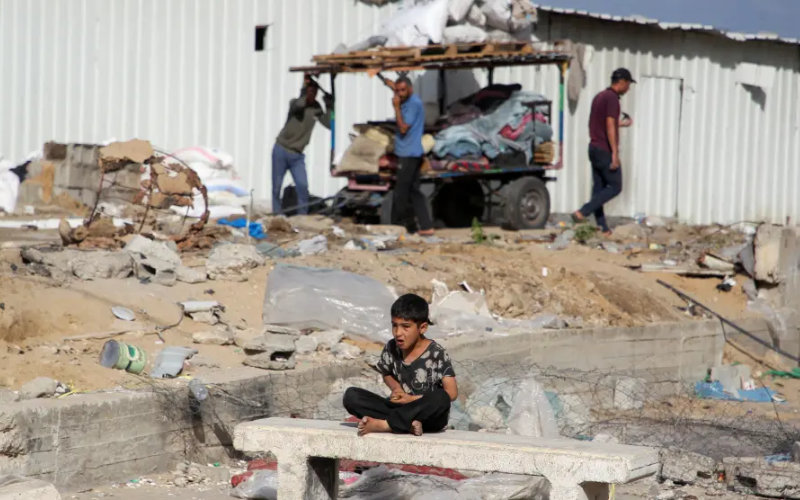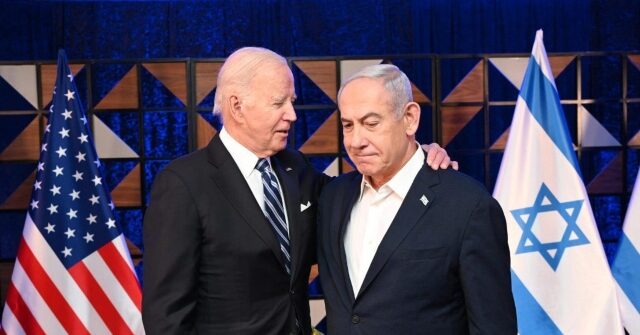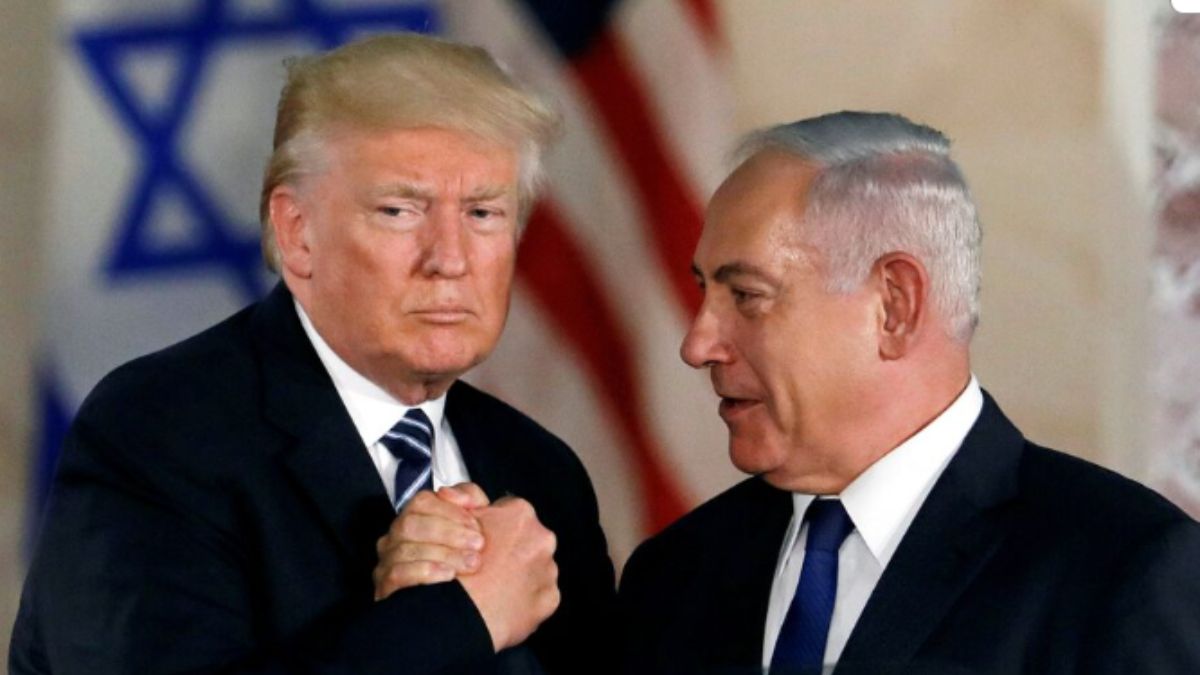


)

The ongoing conflict between Israel and Hamas in Gaza has prompted discussions about the establishment of a peacekeeping force in the region. The United States plans to lead this effort, with the participation of several Arab countries, including Morocco, Egypt, and the United Arab Emirates. The peacekeeping force, composed exclusively of Arab countries, aims to guide the transition process until the Palestinians can establish their own security services in Gaza. The involvement of Arab countries in this initiative is seen as a way to pressure Israel to take 'irreversible steps' towards peace. However, Saudi Arabia has chosen not to join the initiative, possibly due to concerns about being accused of collusion with Israel or the potential need for military intervention in the event of a Hamas uprising [05886f92].
This development comes after the 33rd Ordinary Session of the Council of the League of Arab States, where King Abdullah II of Jordan called for an immediate end to the war on Gaza and emphasized the need to support the Palestinian government and people. The Arab League also reiterated its call for international protection and the deployment of United Nations peacekeeping forces in the occupied Palestinian territories. Additionally, the 'Bahrain Declaration' expressed support for Palestinian President Mahmoud Abbas' call for an international peace conference and the implementation of a two-state solution [f3c99e61].
Israeli Defense Minister Yoav Gallant announced that additional forces will enter the Rafah area and intensify the ground offensive in response to the Hamas attack on October 7. The conflict has resulted in the deaths of more than 1,170 people [f3c99e61].
Former US President Donald Trump has criticized the Netanyahu-led government's war strategy and expressed the need for victory. He also criticized Israel for releasing tapes of their war offensives and missile attacks, stating that they are 'absolutely losing the PR war' by doing so. Trump believes that the October 7 attacks would not have happened if he were still the President. He also criticized President Joe Biden for not being sufficiently supportive of Israel [211f0986] [c05cea58].
The vulnerability of Israel despite its military might is discussed in an article by The Economist. It suggests that America should help Israel find a better strategy [72256589]. The article also criticizes Joe Biden's opposition to a Japanese takeover of US Steel and highlights Japan's economic challenges, warning that low real rates, low growth, and high debts are not going away [72256589].
The article mentions the new Palestinian prime minister outlining his vision for a path to peace and sees the war in Gaza as a threat to Israel's security [72256589]. It also mentions Donald Trump's involvement in meme-stocks, the decline of Nigeria's high-cost oil industry, the comeback of Somali pirates, and the disruption of internet access across Africa due to damage to undersea cables [72256589].
In addition, the article covers various topics such as drug decriminalization in Europe, Vladimir Putin's fake election win, earthquake fears in Istanbul's mayoral race, parental leave in Europe, and the cyberwar in Ukraine [72256589]. It discusses Britain's status as a nation of immigrants, government-funded child care, and the retail industry. It also covers topics such as AI, luxury hotels, Aldi's expansion in America, and Chinese apps thriving in America [72256589].
Despite the criticism the US faces over its stance on Gaza, the article concludes by highlighting the potential for the US to lead on trade. While the conflict in Gaza raises questions about the US's strategy and leverage in the situation, the US can still play a significant role in trade negotiations and agreements [c05cea58].
Former NATO Supreme Allied Commander Gen. Wesley Clark (Ret.) has added to the discussion, stating that Israel will not trust the United States if Iran strikes due to the pressure between the United States and Israel over the situation in Gaza. Clark believes that Iran feels like they are winning as they have the United States and Israel at odds, and Hamas has survived. He suggests that Iran may carry out a relatively minor and indirect action, such as a strike on an embassy by an unknown terrorist group, to avoid direct attribution. Clark also mentions that Hamas's plan was to draw Israel in and accuse them of creating a humanitarian catastrophe. He concludes that if Iran strikes Israel directly, there will be escalation and Iran will be the loser [7b4c7454].
The US is also sharply raising tariffs on Chinese electric vehicles and semiconductor imports as part of the ongoing trade tensions between the two countries. Meanwhile, Berlin is exploring tax breaks to incentivize Germans to work longer hours and address the country's labor shortage. Vladimir Putin is investing in modernizing and strengthening Russia's armed forces. Lastly, Trump allies are rallying around him as Michael Cohen prepares to testify about 'hush money' payments [38e43eec].